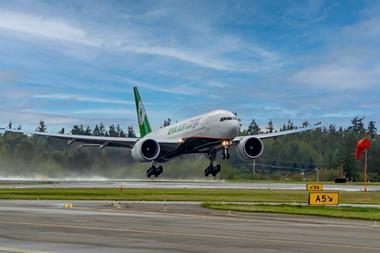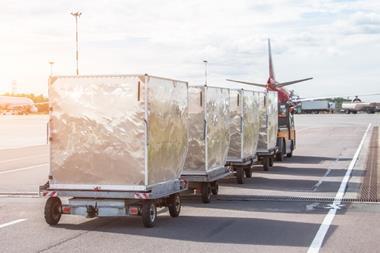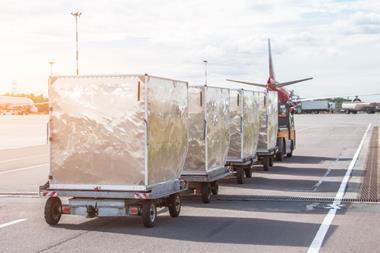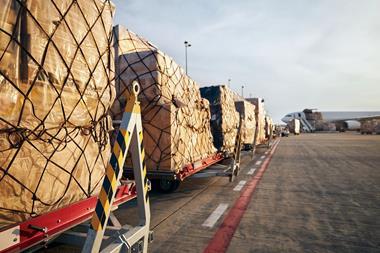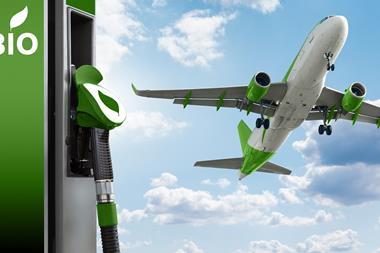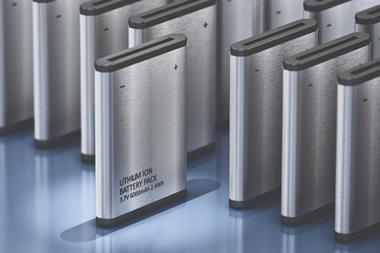The head of the International Air Transport Association (IATA) called on the air cargo industry to speed up modernization and deliver high quality service at the World Cargo Symposium in Abu Dhabi on 14 March.
The airline organisation’s director general and chief executive Alexandre de Juniac told delegates: "Complicated and convoluted paper-based processes that are basically unchanged from the 16th century are still being used in air cargo today. Our customers pay a premium to ship by air and they rightly expect modern processes and high quality services."
De Juniac pointed out that the industry has been pursuing e-freight for over a decade, a key element of which is the market adoption of the e-air waybill. Global penetration has nearly reached 50% and the industry is targeting 62% by year-end on enabled trade lanes.
In the crucial areas of e-commerce and time- and temperature-sensitive cargo such as pharmaceuticals, he said: "Shippers today want responsive services based on intelligent systems able to self-monitor, send real-time alerts and respond to deviation. Technologically speaking, this is totally possible. The key to this and other innovations is using data efficiently and effectively. Finding solutions to unfulfilled (or even unrealized) expectations creates value for customers. And that propels a business forward," said de Juniac.
The Cargo iQ and the StB Cargo initiatives are helping to improve quality standards and to support data-driven innovations to add value to the customer experience, he added.
Partnerships are also critical in driving industry transformation, he continued. "Driving change - whether it is to modernise processes or unlock value through innovation - is challenging for a business where global standards are so vital. Air cargo is highly regulated, so governments must be on board with change. We are a complex value chain, so building industry consensus is critical," said de Juniac.
He also noted the need to address safety concerns. The shipment of Lithium batteries is an example of where partnerships are critical. While industry and government have worked together to put in place regulations so that they can be shipped safely: "The problem is that the regulations are not being enforced. We still see too many examples of abuse including mislabelling of batteries. We ask governments to step up enforcement and take a tougher stance against rogue shippers…to impose significant fines and custodial sentences on those violating the regulations," said de Juniac.
He further identified three other key areas where the industry needs the support of governments to implement global standards. These included the adoption of the Montreal Convention on acceptance of digital documentation, a critical prerequisite for the e-AWB. To date, 124 countries have implemented it but some key countries where air cargo has an important role still need to come on board, including Thailand and Vietnam.
Others were adoption of revisions to the Kyoto Convention of the World Customs Organization, which facilitates smart border and quick implementation of the World Trade Organization’s Trade Facilitation Agreement, which will make trade cheaper, faster and easier.





